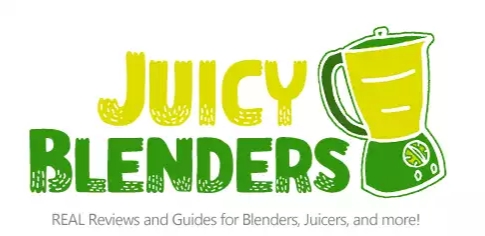If you’re in the market for a juicer, it can be easy to get overwhelmed with all the features, options, and styles available. But don’t worry — this guide will help you navigate through all the choices so that you can find the perfect juicer for your needs.
First off, let’s go over some of the basic types of juicers on the market today. There are three main categories of juicers:
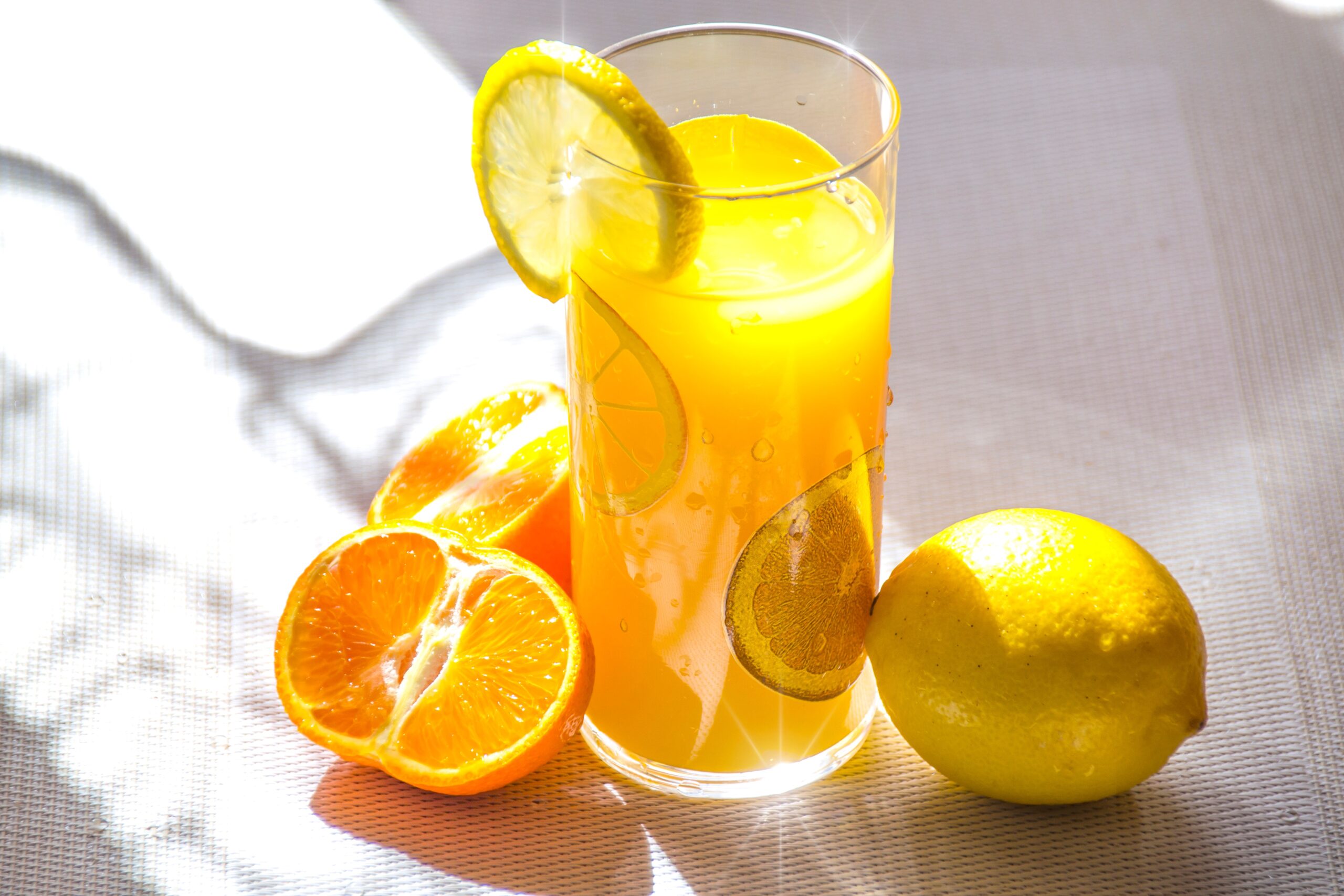
We’ll look at each in more detail below.
Masticating Juicers:
Masticating juicers use an auger-like motion to grind and crush fruits and vegetables into juice. They usually do a good job preserving nutrients while also providing a higher yield than other types of juicers.
Centrifugal Juicers:
Centrifugal juicers work by spinning fruits and vegetables at high speeds against a blade to extract the juice. These types of juicers are generally faster but don’t provide the same quality of juice as a masticating or cold press model.
Cold Press Juicers:
Cold press (or slow) juicers use an “enzyme protection technology” which grinds at low speeds to preserve enzymes and nutrients from fruits and vegetables more effectively than centrifugal models. Cold press models often produce more nutrient-rich juices but also tend to be much slower than centrifugal models.
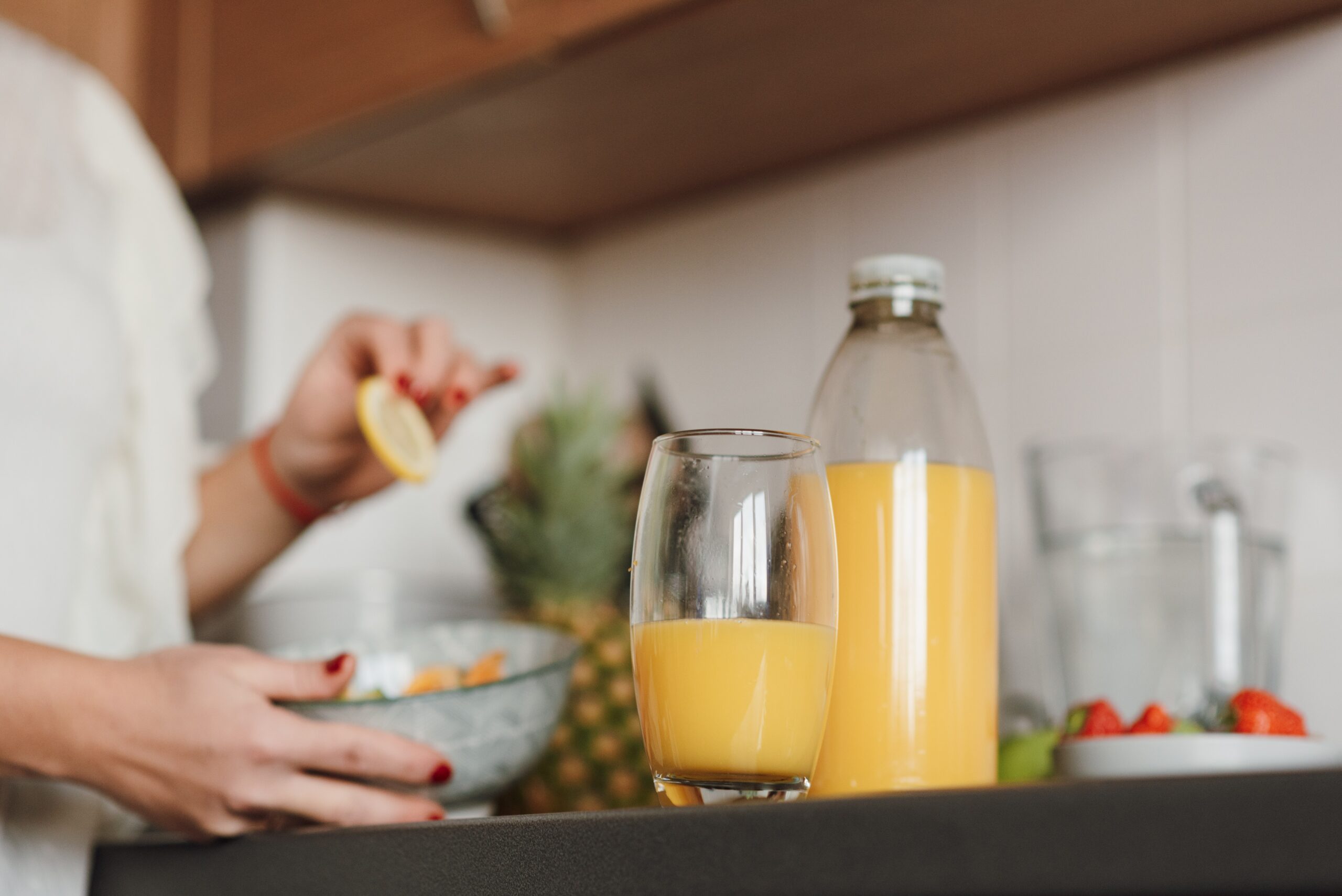
What to Look For When Choosing a Juicer
When looking for a new juicer, consider what type works best for your lifestyle and budget; after all, there’s nothing worse than investing in a pricey appliance that doesn’t meet your needs or expectations. You should also compare motor power, capacity (how much juice it holds), warranty length, pulp ejection style (for centrifugal models), noise level (especially important if you want to use your kitchen while making juice!), speed settings (for both masticating and cold press models), ease of cleaning/maintenance, parts availability/costs, price range/brand reputation/other features such as preset programs or specific attachments for making nut milk or sorbets, etc).
Once you have narrowed down your search according to all these criteria, focus on testing out different brands or models with similar specs if possible (either in person or through detailed reviews online). This way you’ll be able to determine which one is most suited for your needs – whether it’s extracting the maximum amount of juice quickly with minimal effort or preserving all valuable enzymes intact in every glass of liquid nutrition etc.
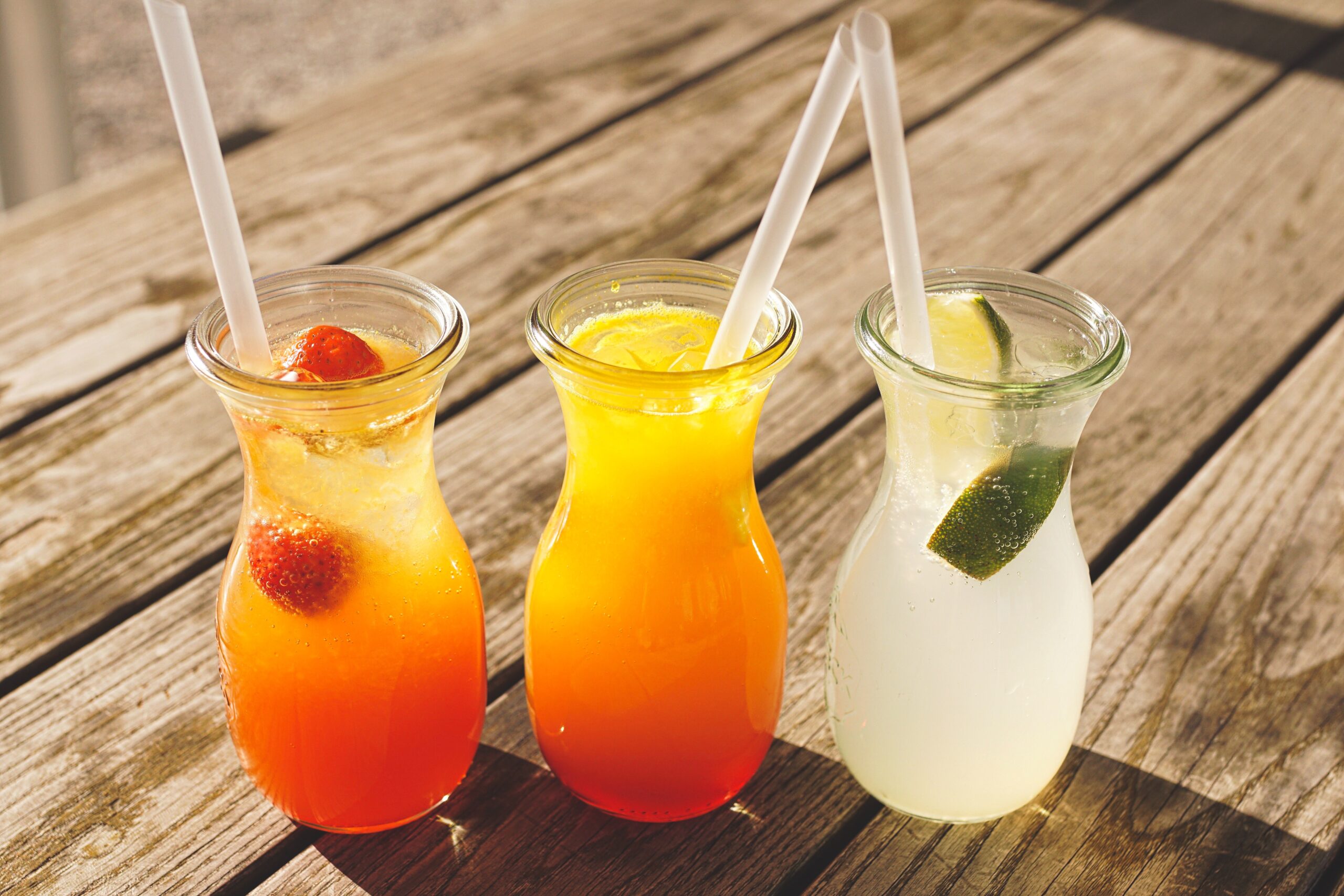
Keep in mind that even though higher priced units may offer better performance when it comes to squeezing out every drop from your ingredients – sometimes cheaper alternatives may still do just fine depending on what type of food preparation tasks you will mostly require them to do (such as making enough orange juice quickly when guests arrive etc). The type of juicer you choose should be dependent on what you like to drink. Also, note that some accessories such as filters for removing foam may not always come included with every juicer model so make sure you double-check before making a final purchase decision! Finally, remember that having optimal nutrition is extremely beneficial, and choosing the right tool can make this task extra enjoyable so choose wisely – Happy shopping everyone!!
Which Juicer is Better for Green Leafy Vegetables?
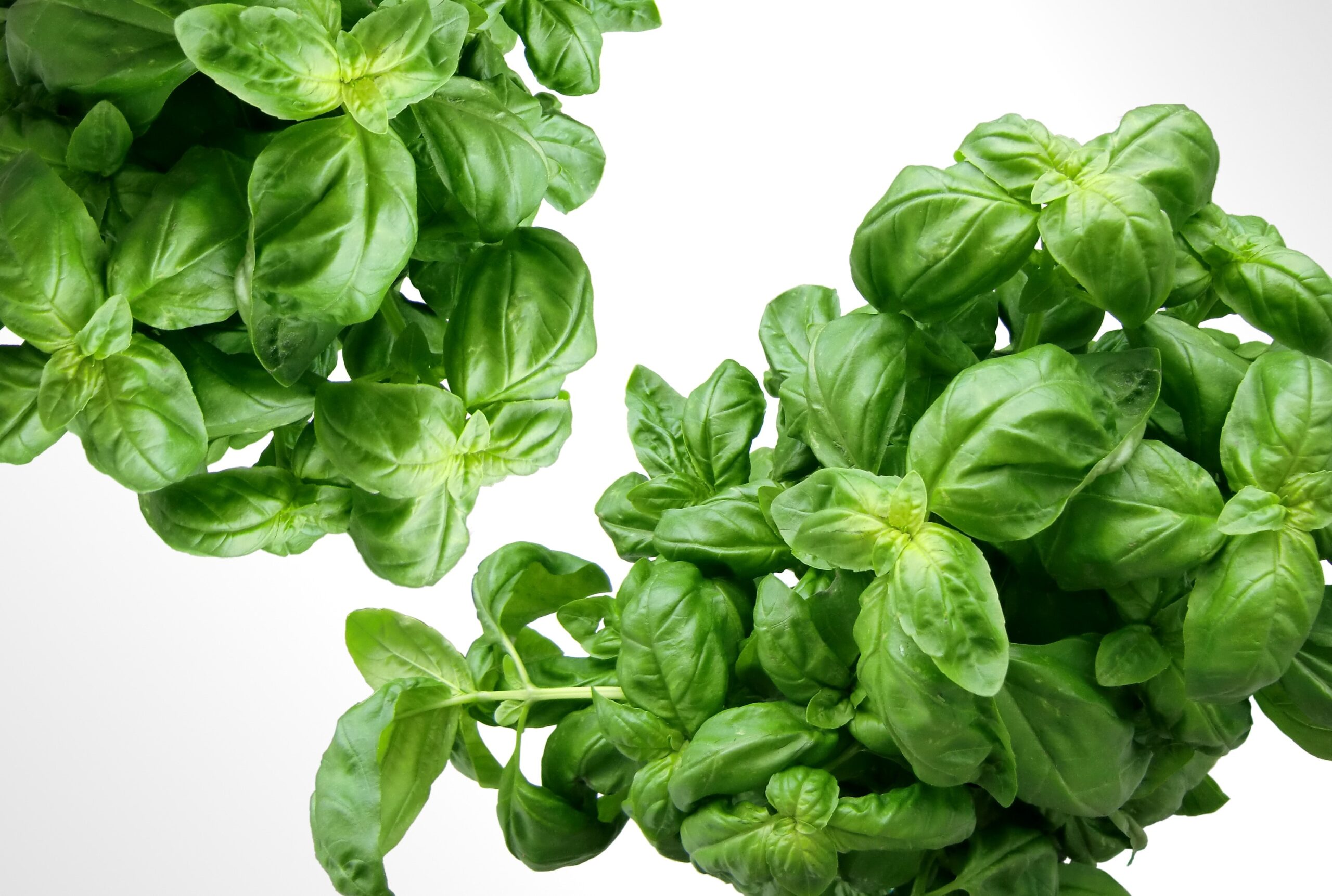
Which Juicer is Better for Citrus and Other Fruits?
Centrifugal juicers are typically better for citrus and other fruits than masticating or cold press juicers. This is because centrifugal juicers are designed for higher speed and can quickly extract high-quality juice from softer fruits like oranges, lemons, grapes, and apples. Masticating and cold press juicers work well with firmer produce, but may not be as effective with citrus fruit.
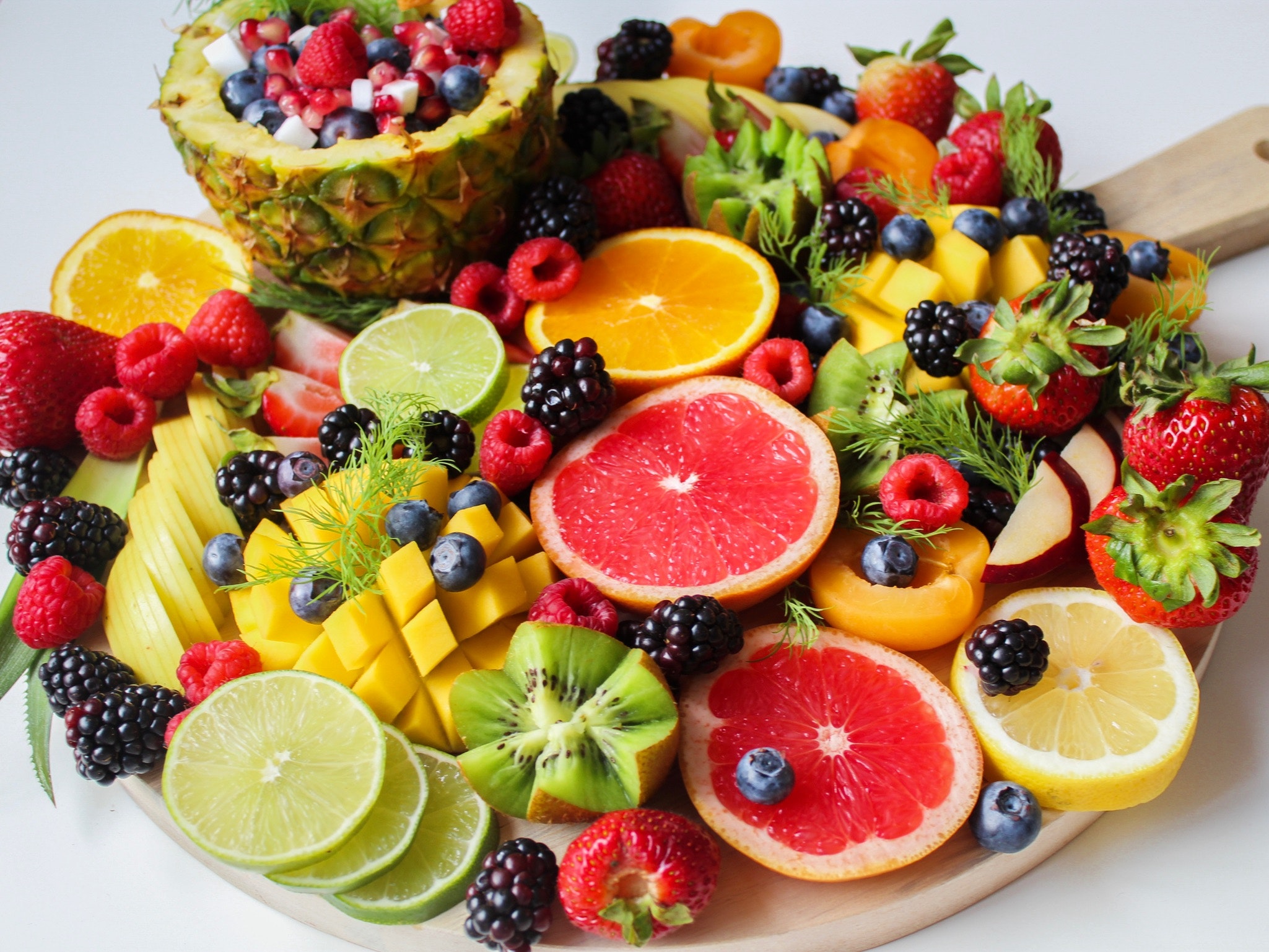
Summary
When buying a juicer, there are several things to consider. Masticating and cold press juicers are generally better for green leafy vegetables, as they preserve more of the nutrients. Centrifugal juicers are typically better for softer fruits such as oranges, lemons, grapes, and apples. It is also important to consider budget, size of the machine or container, noise level, and ease of cleaning when selecting a juicer.
